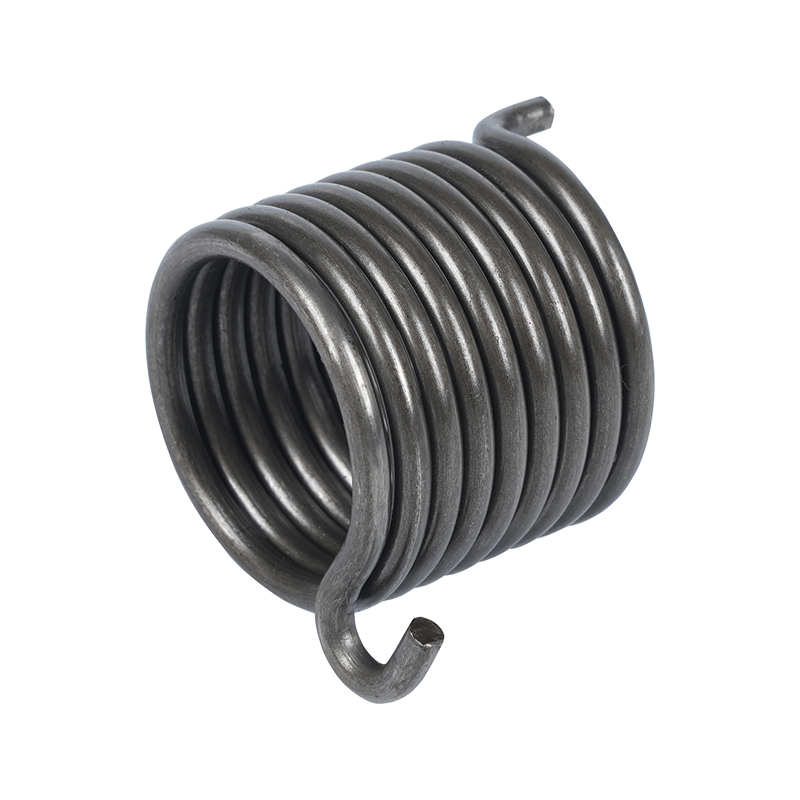Custom Stamped Metal Parts: Precision And Personalization In Manufacturing
Customization lies at the heart of modern manufacturing. Companies are increasingly moving away from standard, off-the-shelf components to solutions that are precisely engineered to fit unique requirements. This shift is particularly pronounced in industries such as automotive, aerospace, and electronics, where every component must integrate seamlessly into complex systems.
Custom stamped metal parts play a pivotal role in this customization trend. Unlike mass-produced parts, these components are crafted to exact specifications, ensuring good performance and longevity. This precision is achieved through advanced metal stamping techniques that leverage cutting-edge technology and skilled craftsmanship.
Precision Engineering: The Art of Metal Stamping
High precision metal stamping is a specialized process that involves forming metal sheets into desired shapes and sizes with exceptional accuracy. This technique not only meets but often exceeds industry standards for dimensional tolerances and surface finish.
Key to this process is the use of sophisticated machinery and dies designed to handle various metals, from stainless steel and aluminum to exotic alloys. Each stamping operation is meticulously planned and executed to achieve uniformity and consistency across production runs, essential for maintaining part integrity and functionality.
Tailored Solutions for Diverse Applications
The versatility of custom stamped metal parts allows manufacturers to cater to a wide array of applications. Whether it's producing intricate components for medical devices or robust parts for industrial machinery, the ability to customize ensures that each piece meets the specific needs of the end-user.
Moreover, customization extends beyond physical dimensions. Industries benefit from the ability to modify material properties and surface treatments and even incorporate complex geometries that enhance performance and efficiency.
Quality Assurance and Compliance
In the realm of high precision metal stamping, quality assurance is paramount. Manufacturers adhere to stringent quality control protocols throughout the production process to uphold standards of excellence. This includes rigorous inspection procedures to verify dimensional accuracy, material integrity, and functional performance.
Furthermore, compliance with industry regulations and customer specifications ensures that custom stamped metal parts not only meet but exceed expectations in terms of reliability and durability.
Future Trends: Embracing Innovation
Looking ahead, the future of custom stamped metal parts lies in continual innovation. Advancements in materials science, automation, and digital manufacturing technologies are reshaping the landscape, offering new possibilities for enhanced precision and efficiency.
For instance, the integration of AI-driven quality control systems and predictive maintenance algorithms promises to further streamline production processes, less downtime and optimize throughput.
In conclusion, the demand for custom stamped metal parts underscores a fundamental shift toward personalized manufacturing solutions. By leveraging high precision metal stamping techniques, manufacturers can deliver not only components but tailored experiences that align with the unique needs of their clients.
As industries continue to evolve, the role of customization in driving innovation and competitiveness cannot be overstated. By embracing technological advancements and maintaining a steadfast commitment to quality, manufacturers ensure that custom stamped metal parts remain at the forefront of modern engineering excellence.
This evolution towards customization not only meets current market demands but also anticipates future needs. As industries seek to optimize performance and reduce advance times, the integration of digital twins and real-time data analytics will likely play pivotal roles. These advancements promise to elevate custom stamped metal parts manufacturing to new heights of efficiency and responsiveness, ensuring that each component not only meets but exceeds the stringent requirements of modern applications. By staying at the forefront of innovation, manufacturers can continue to drive industry standards forward, setting new benchmarks for precision and reliability.


 English
English русский
русский Español
Español











